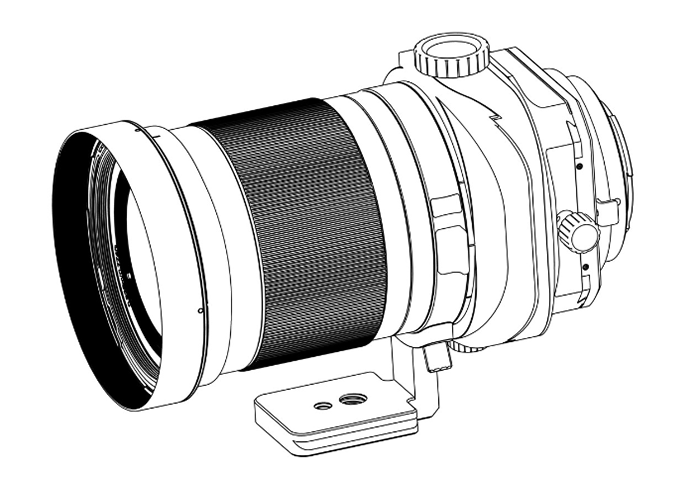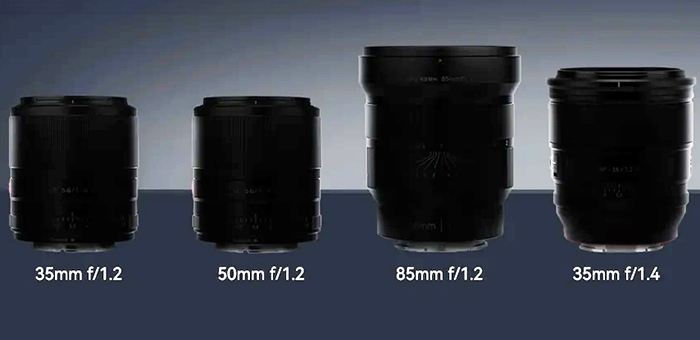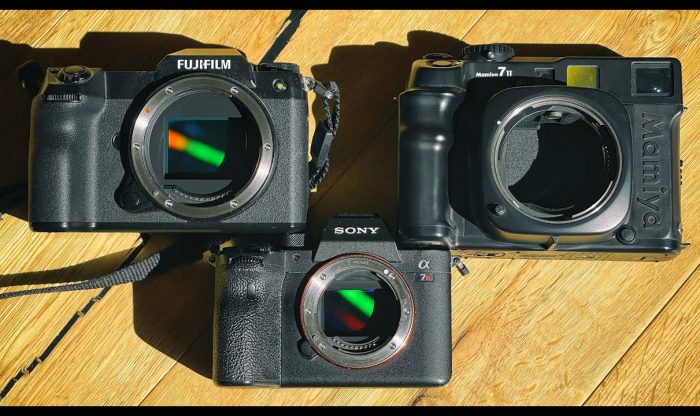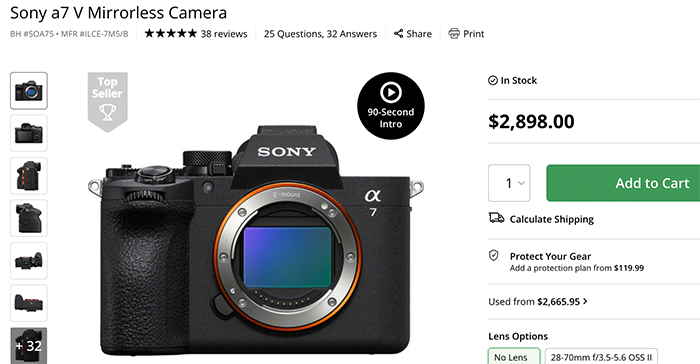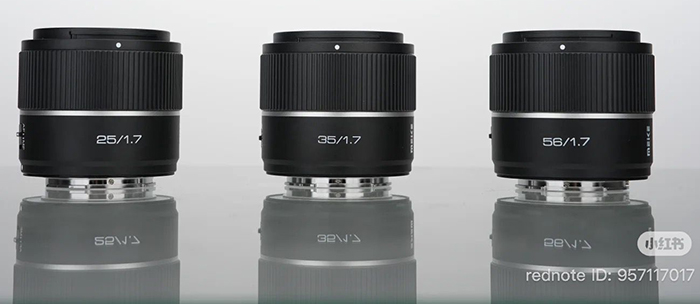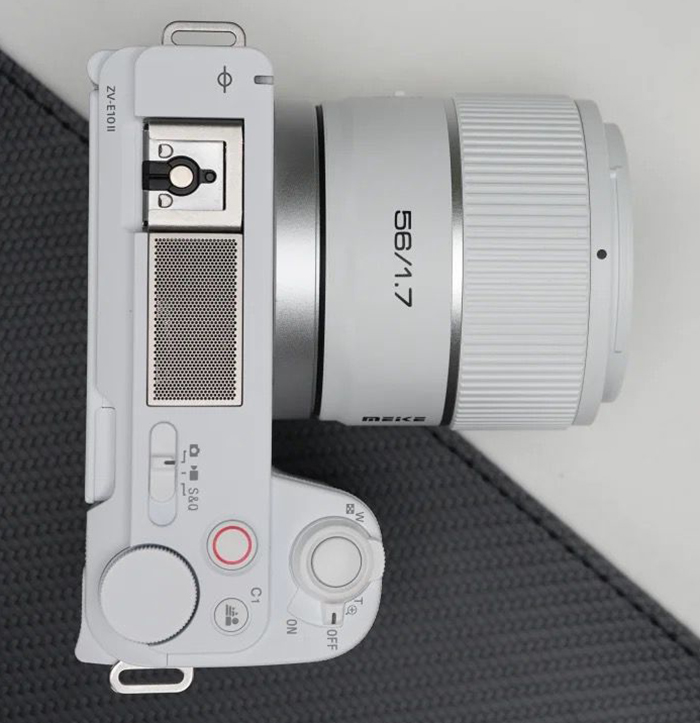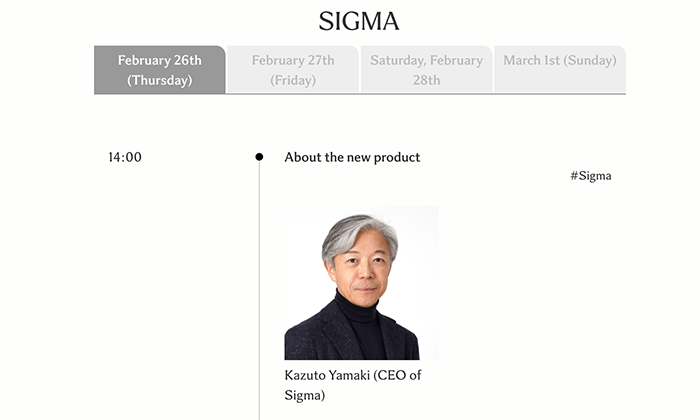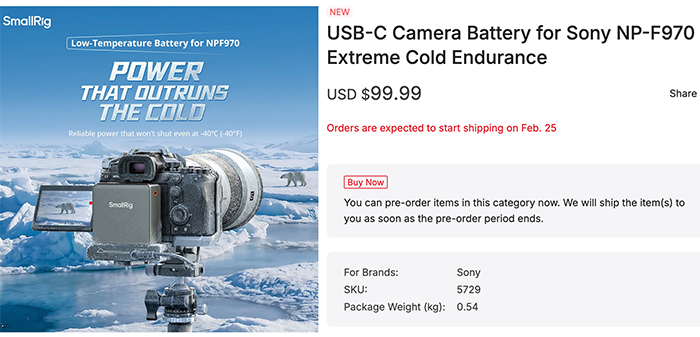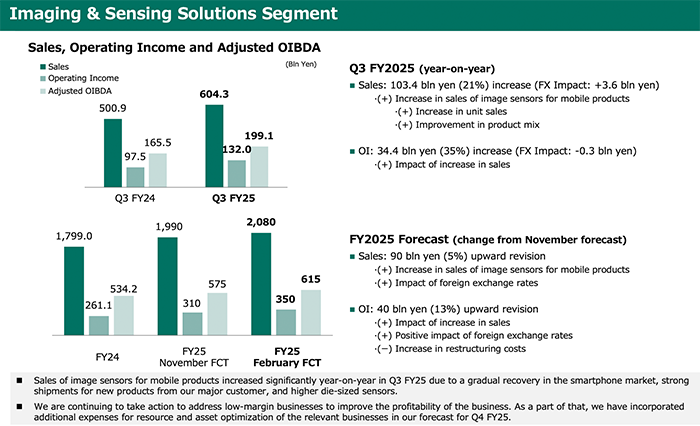
Sony published the full Q3 financial report. That’s what they had to report about the imaging business:
Despite a continued decline in sales in China due to reduced government subsidies and weakness in the overall market during the shopping season for Singles’ Day, demand in the global interchangeable lens camera market during the quarter remained strong year-on-year, mainly in Asia.
The α7 V, released in December, has been selling well as a new product for the volume zone of the full-frame mirrorless single-lens reflex camera market, and we expect it will continue to contribute to sales in the fourth quarter ending March 31, 2026 (“FY25 Q4”).
One more good news regarding the worldwide memory shortage:
Regarding the impact of the situation in the market for memory, we are almost in a position to secure the quantity we need through the year-end selling season of next fiscal year. We will continue to monitor the situation while working to minimize the impact on profitability.
Hopefully this means there are no delays on the 2026 camera roadmap!
–
via DClife
